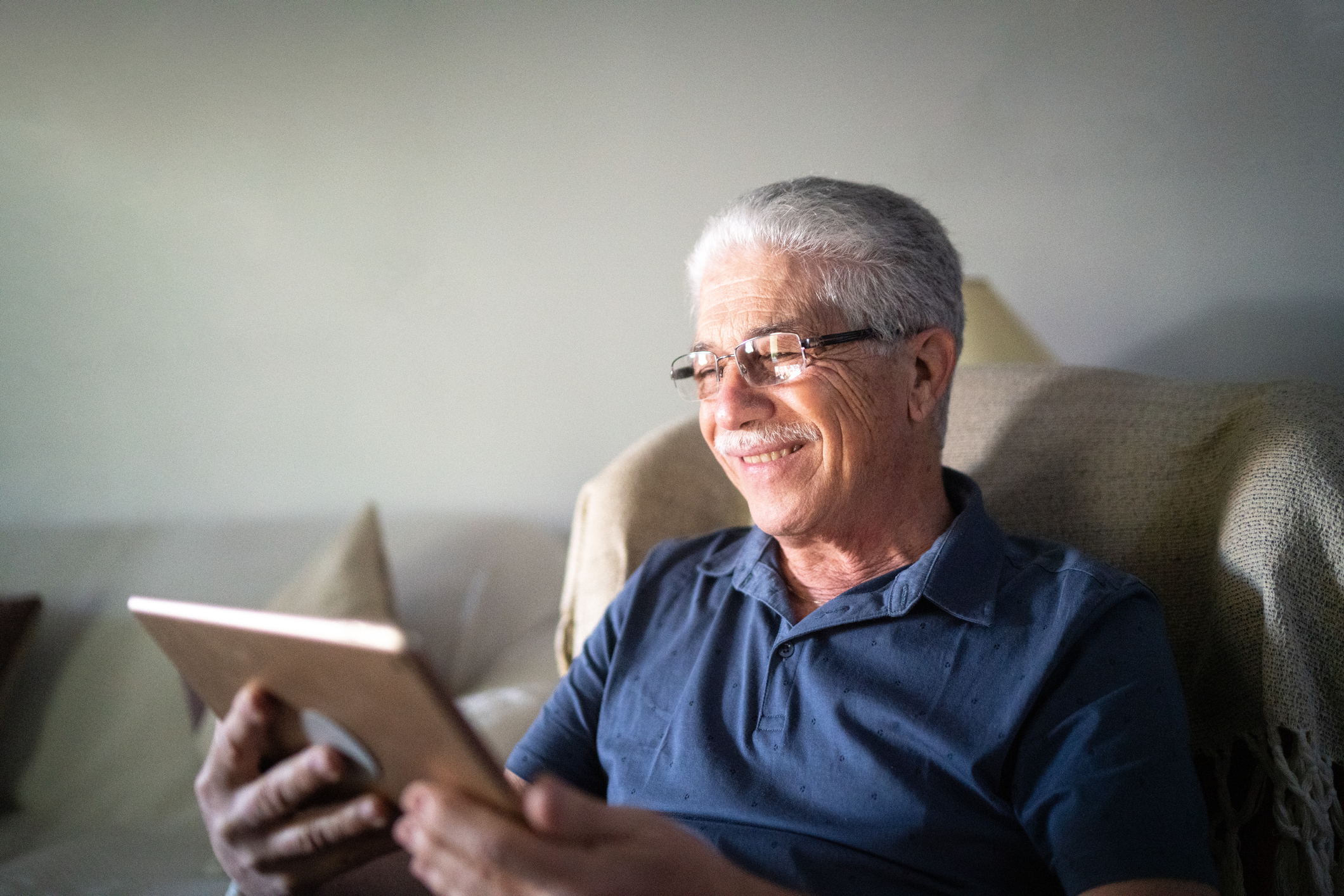GE Healthcare business development recent efforts are strategically sound and it will definitely lead GE to acquire Brazil’s healthcare market share in a significant and sustainable manner. Implementing business development and sales strategies in emergent countries such as Brazil requires a cost effective comprehensive and integrated approach. It should take in consideration deep cultural differences between the US and Brazil and in particular its human resources level of technology exposure, thus the need for a well tailored human resources training. Embedding corporate responsibility into the needs of an underdeveloped market such as Brazil is paramount for a successful market entry strategy.
Senai-Sao Paulo, a semi private-public institution, and GE Healthcare announced on July 30, an agreement to invest in a technical program specialized in the health industry. The investments of the two partners will total R$44 million/US$22 million and it will fund infrastructure and equipment in Cambuci, São Paulo, by 2015.
Approximately 3600 students will be served per year. Currently, it serves 1200 students but it is tripling this number in the unit Senai-SP located in Vila Leopoldina. The new structure will include a center for innovation and researchclinical care diagnostic imaging with six environments (and capacity to serve 40 people per day), 18 laboratories, five classrooms and environments for maintenance of electrical equipment, orthotics and prostheses.

With the Rise of AI, What IP Disputes in Healthcare Are Likely to Emerge?
Munck Wilson Mandala Partner Greg Howison shared his perspective on some of the legal ramifications around AI, IP, connected devices and the data they generate, in response to emailed questions.
Courses will be offered to mid-level technicians in industrial learning modalities, initial and continuing education, and distance education. According Vicioni Walter, and three year technical graduate course in radiology is under study and should be provided in the new infrastructure.
John Dineen, GE Healthcare Global CEO and President, stated during the partnership announcement that training skilled manpower for the health sector in the country is a challenge, and that the partnership with Senai-SP is part of the path to the solution. “Brazil is working to improve the health care system by making the necessary investments, and we are also investing in local manufacturing and now in education, so that new technologies can be used effectively.”
Moreover, the executive stated that improving the health system requires finding new ways to invest not only in equipment but also in human capital. “The partnership in Brazil, in this sense, seeks to find partners in education to develop this resource. There is no better investment than improving the health of the country,” mused Dineen.
Altogether, Senai-SP will invest R$28 million/US$14 million in the renovation of the building and R$9 million/US$4.5 million in equipment. GE Healthcare invested US$ 7 million in equipment loan – R$4 million/US$2 million already in operation and the additional R$ 3 million/US$1.5 million at contract signing in the Vila Leopoldina offices, Otha’s will be fully transferred to Cambuci by 2015.
According Vicioni Walter, SESI-SP regional director, the great advantage of the new structure is to join in a real environment of care and learning, clinical patients and medical students. “The moment is unique in the history of Senai Sao Paulo. It is the first time that such an ambitious project is structured, with a school completely focused on the medical device industry, “he said.”The possibilities of a partnership with GE Healthcare activities include vocational training, technological development and innovation.”
To Paulo Henrique Fraccaro, executive chairman of the Brazilian Association of the Industry of Supplies and Equipment Medical, Dental, Hospital and Laboratory (ABIMO), the partnership is an important step in a time when 62% of the products used by the health sector in the country are imported.
Scenario
Speranzini Daurio, GE Healthcare for Latin America vice president, said the agreement meets a pressing need: although for the past 3 years Brazil healthcare infrastructure grew by almost 70%, investment in healthcare education has not grown more than 14%. “If we still have a gap in equipment implementation, we have an even greater gap training of skilled labor,” he said. Furthermore, the issue goes beyond the mere purchase of modern equipment. “These technologies are not well used by doctors, who need to learn how to better use what we already bought”, contended Speranzini, whereby the project with Senai-SP also aims to spread knowledge about the technologies from GE Healthcare to other regions of country by means of distance education, especially North and Northeast.
The executive says the new educational facility will feature all sorts of equipment sold by the brand in Brazil, including MRI scans, X-ray machines and ultrasound and medical intensive care unit (ICU). For the latter, the effort will be to train doctors, nurses and biomedical. “You need to know how to use and interpret all the equipment and information given, which is extremely sensitive because the patient is in critical condition. Small changes can cause major problems for the patient.”
Strategy
In terms of investment, Speranzini says GE Healthcare sees the moment of Brazil as a “great opportunity”. Despite the low growth forecast for the country’s GDP, the executive sees the government’s response to the recent protests two major areas: health and its infrastructure. The expectation is that the overall health market will grow between 7% and 8% in 2013, as in the previous year, but the number may be “bigger”. According Speranzini, GE, in all divisions, expects to grow up double digits in 2013.
The Pact for Health, announced by President Dilma Rousseff, that includes major investments in new hospitals and emergency care, increased demand for equipment in some states alone. “There is still expected to increase as a result of the demonstrations, but yes we have seen the growth,” he said. The executive also said the company is willing to participate in public-private partnerships (PPPs) to increase government investment in one of the Achilles’ heels of Brazilian public health: asset management.















